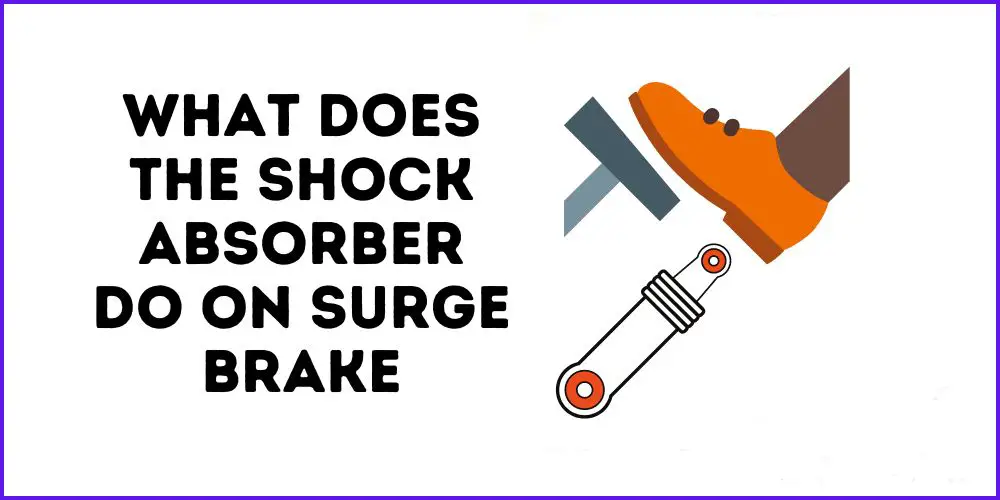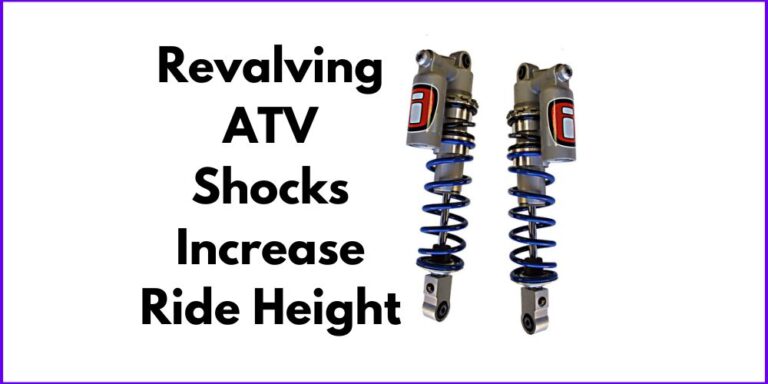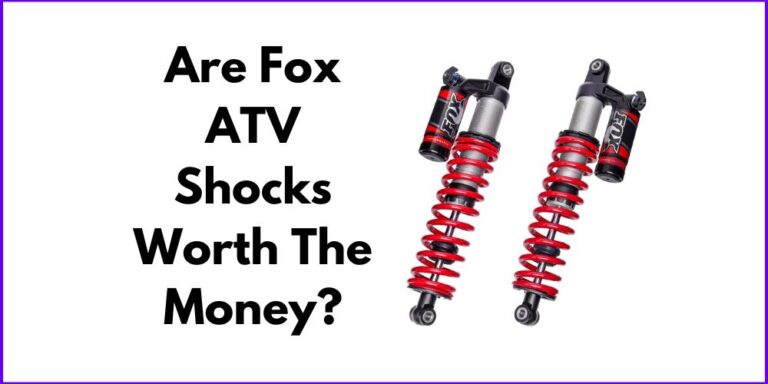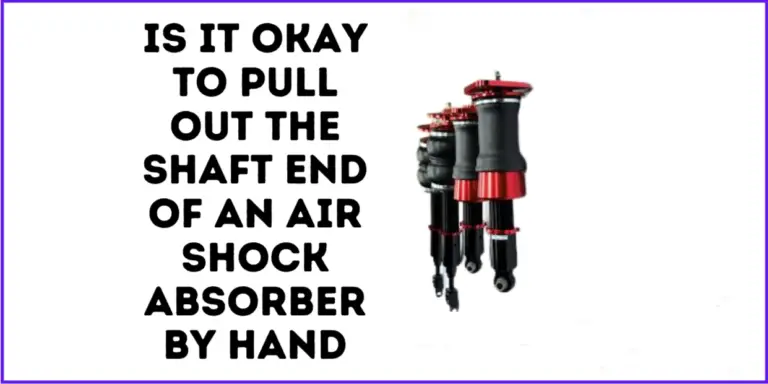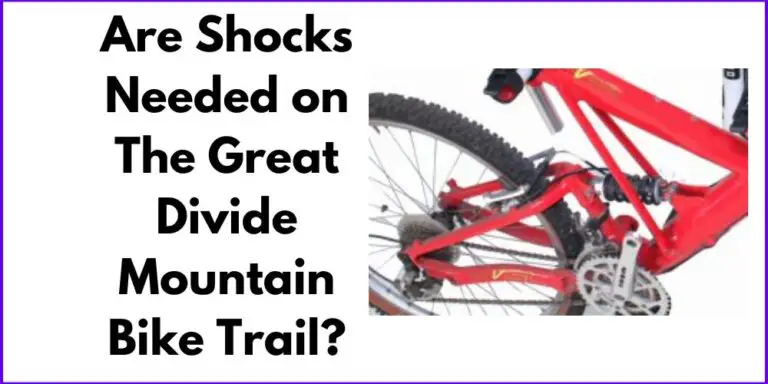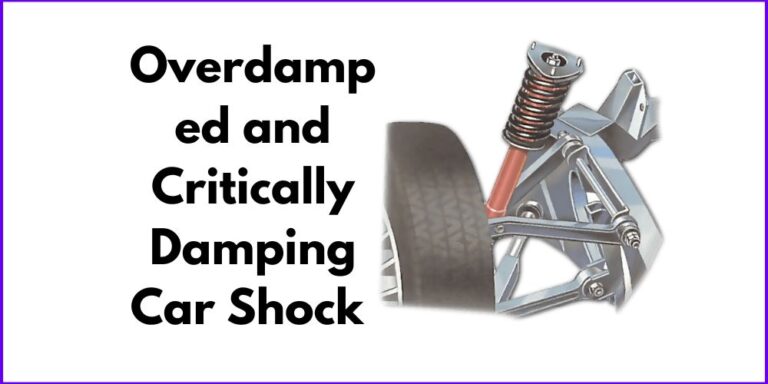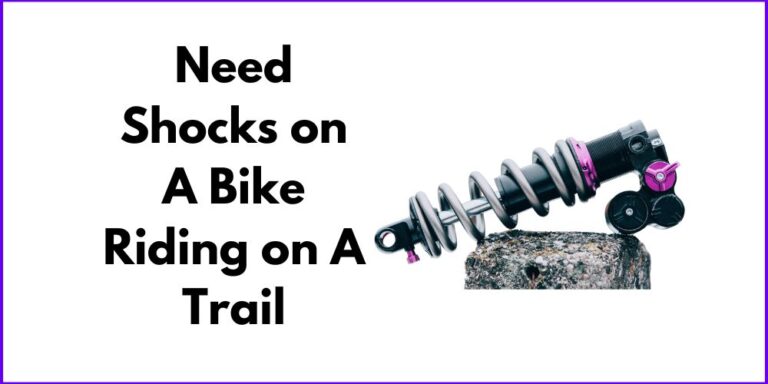If you’ve ever been involved in the towing industry, you know how important it is to have a properly functioning braking system. A key component of any towing operation is the shock absorber on surge brakes. The shock absorber provides a smooth and steady braking experience, and it is a vital part of any successful towing operation.
In this blog post, we will explore the function of the shock absorber on surge brakes, its purpose, and how it works to ensure a safe and successful towing experience. Finally, we will provide a few tips on how to stay on top of maintenance and how to spot potential problems before they become bigger issues. With this knowledge, you will ensure a safe and successful towing experience.
What Does The Shock Absorber Do On Surge Brake?
The shock absorber on a surge brake plays a crucial role in controlling the random application of the trailer brakes when towing on rough roads.
When towing on uneven surfaces, the movement of the trailer can cause the brake actuator to engage and disengage the brakes randomly, leading to an inconsistent braking experience. The shock absorber, connected to the brake actuator, works to dampen the movement of the actuator, reducing the random application of the brakes.
The shock absorber acts as a cushion, reducing the amount of force transferred from the brake actuator to the brake shoes, which helps to prevent excessive wear and tear on the brake system. Additionally, it helps to dissipate heat generated during the braking process, keeping the brakes from overheating and prolonging the life of the brake shoes.
Furthermore, the shock absorber improves the stability and control of the trailer when towing on rough roads. By reducing the amount of bounce or sway that can occur, the shock absorber ensures the trailer stays in a stable and predictable trajectory, providing better stability and control for the driver.
Tips for maintaining and identifying potential problems with shock absorbers:
The importance of maintaining shock absorbers cannot be overstated. Neglecting shock absorber maintenance can lead to several potential hazards, including reduced braking performance, increased wear and tear on the brake system, and increased risk of accidents or accidents caused by loss of control. Worn or damaged shock absorbers can also lead to an inconsistent braking experience, making it difficult to predict how the trailer will respond when the brakes are applied.
It is recommended to schedule regular maintenance check-ups for shock absorbers. This will help you identify potential problems early and prevent them from becoming bigger issues. Common signs that a shock absorber needs to be replaced or repaired include leaks, uneven wear on the brake shoes, and a noticeable decline in braking performance. Additionally, if the trailer bounces or sways excessively when the brakes are applied, it may be a sign that the shock absorbers need to be replaced or repaired.
Replacing or repairing a shock absorber typically involves removing the old shock absorber, installing a new one, and adjusting the brake actuator. It is recommended to have a professional do the job, as it requires specific tools and knowledge. If you notice any signs that a shock absorber needs to be replaced or repaired, it is important to address the issue as soon as possible to ensure the safety and performance of the towing operation.
FAQs
Why do surge brakes lock up?
Surge brakes can lock up due to a variety of reasons, including a sticking piston in the wheel cylinder which keeps pressure on the brake shoes, or a plunger in the master cylinder that is not releasing. A build-up of dirt, debris, or corrosion can cause this in the brake system, or from a lack of proper maintenance.
How can I tell if my surge brakes are locking up?
Some signs that your surge brakes may be locking up include difficulty in releasing the brakes, a feeling of resistance when attempting to tow the trailer or a noticeable decline in braking performance. Additionally, if the wheels of the trailer appear to be dragging or locking up, it may be an indication that the surge brakes are locking up.
How can I prevent surge brakes from locking up?
Regular maintenance and cleaning of the brake system are one of the best ways to prevent surge brakes from locking up. This includes removing dirt and debris that may have accumulated in the brake system, and checking for signs of wear or damage to the brake shoes, cylinders, or other components. It is also important to use the correct type of brake fluid and to check the brake system for leaks or other issues.
What should I do if my surge brakes lock up?
If your surge brakes lock up, it is important to have them inspected and repaired by a professional as soon as possible. This will help to prevent further damage to the brake system and to ensure the safety and performance of the towing operation.

